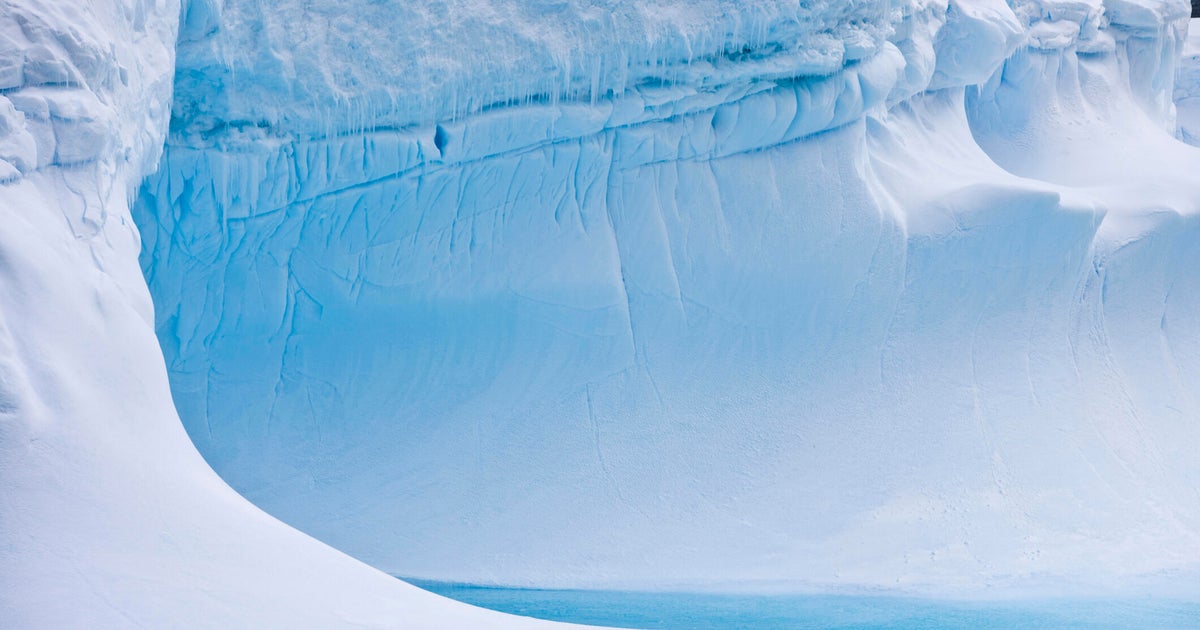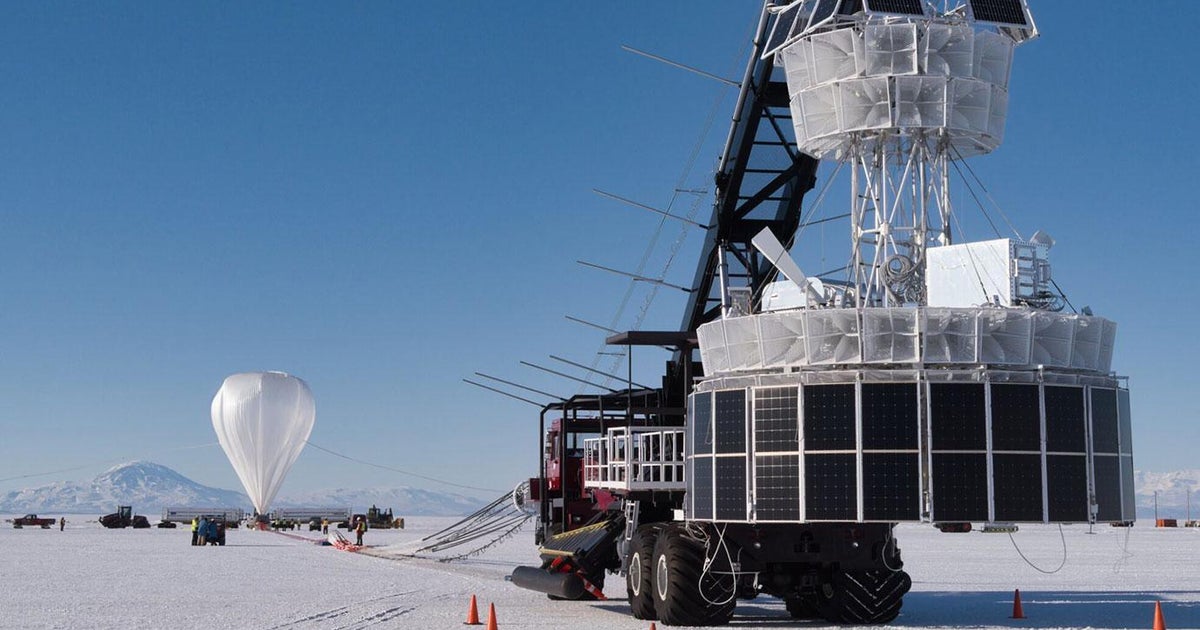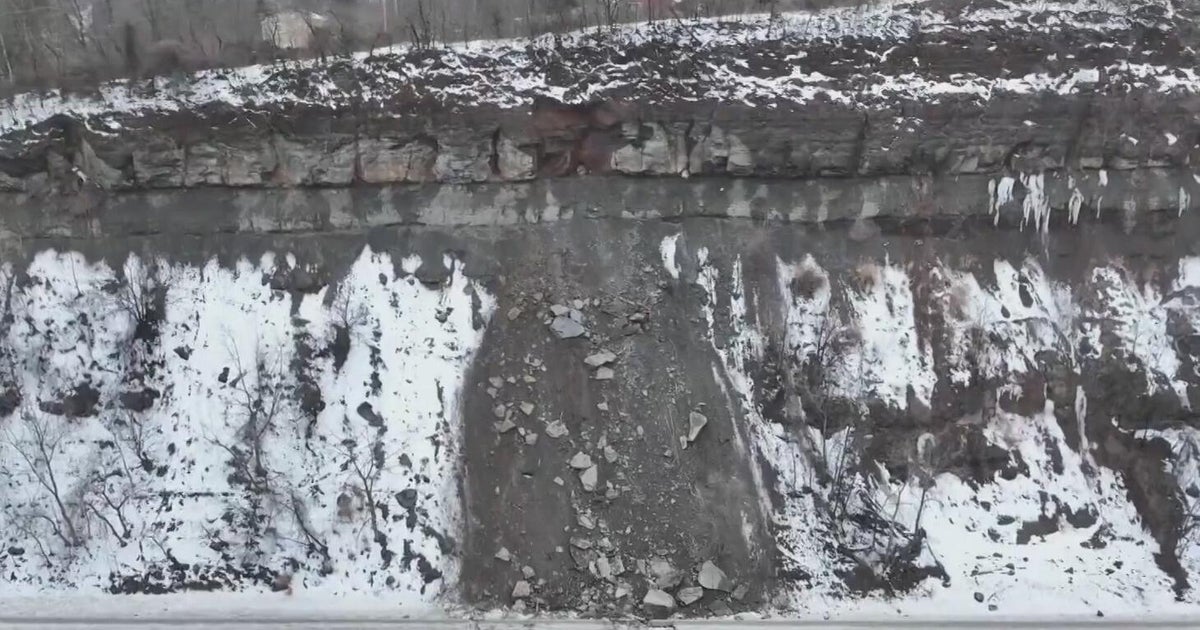Mars rover apparently retrieves first rock sample for return to Earth: "A phenomenal accomplishment"
NASA's newest Mars rover may have successfully collected its first rock sample for return to Earth, after last month's attempt came up empty. The Perseverance rover's chief engineer, Adam Steltzner, called it a perfect core sample.
"I've never been more happy to see a hole in a rock," he tweeted Thursday.
But NASA later said it was awaiting more photos before declaring success although the "team is confident that the sample is in the tube."
A month ago, Perseverance drilled into much softer rock, and the sample crumbled and didn't get in the titanium tube. The rover drove a half-mile to a better spot to try again.
Initial photos taken Wednesday show a sample in the tube but later images were inconclusive because of poor lighting, NASA said in a news release. The rock sample - about the thickness of a pencil - could have slipped down deeper into the tube during a series of planned vibrations, it said. More photos are planned.
"The project got its first cored rock under its belt, and that's a phenomenal accomplishment," said Jennifer Trosper, project manager at NASA's Jet Propulsion Laboratory in Southern California. "The team determined a location, and selected and cored a viable and scientifically valuable rock. We did what we came to do. We will work through this small hiccup with the lighting conditions in the images and remain encouraged that there is sample in this tube."
Perseverance arrived in February at Mars' Jezero Crater — believed to be the home of a lush lakebed and river delta billions of years ago — in search of rocks that might hold evidence of ancient life.
The samples, sealed in 43 small titanium tubes, will be deposited on the surface for eventual retrieval by another lander later this decade and returned to Earth aboard yet another spacecraft for detailed laboratory analysis.
Since landing in Jezero Crater in February, Perseverance has traveled south of its touchdown point, recently pausing amid promising rocks known as "cratered floor fractured rough" to make its first sample collection attempt.
Bill Harwood contributed to this report.



